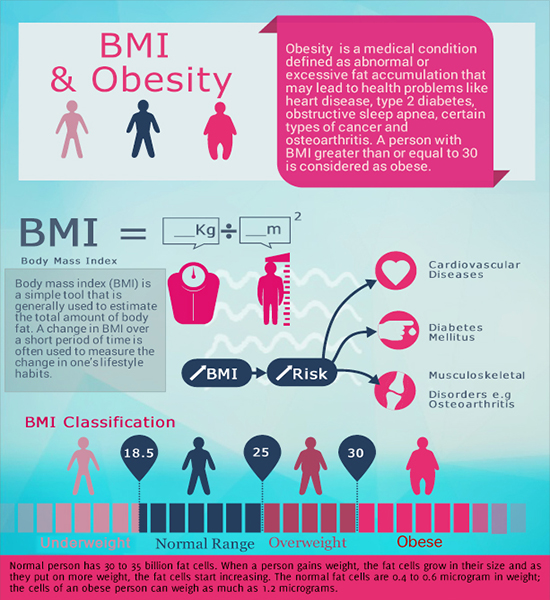The digestive system includes the mouth with the salivary glands, esophagus, stomach, small intestine, large intestine, pancreas, and liver. (1) All these organs work in tandem to break down the food you consume into nutrients.
These nutrients fuel the body to carry out its life-sustaining functions. They also facilitate cell generation and repair, which allow the body to grow and heal.
However, various factors such as poor diet, an unhealthy lifestyle, side effects of medications, and illnesses can damage the digestive system over the course of your life. This is why many people tend to develop digestive distress as they grow older.
Digestion refers to the process by which food is broken down into nutrients, which are eventually absorbed into the blood circulation for the cells of the human body to utilize.
Food is broken down into smaller pieces first by chewing and then by the grinding action of the stomach. The esophagus functions as a conduit for food and fluid to pass from the mouth to the stomach.
Ingested food is first exposed to digestive enzymes in the mouth where the salivary glands produce mucus and amylase. Amylase is also produced by the pancreas and aids in the digestion of carbohydrates. (3) The stomach produces pepsin, which aids in the digestion of proteins.
Digestion is completed in the small intestine, where pancreatic digestive enzymes and liver bile combine with partially digested stomach contents. The majority of nutrients ingested are absorbed in the small intestine. What is not utilized by the body is then passed into the colon, where water and electrolyte absorption occurs and waste is eliminated.
GERD is a very common problem causing heartburn and indigestion. Excessive acid exposure in the lower esophagus is thought to be the cause of the symptoms. A loose gastroesophageal flap valve (valve at the end of the esophagus) is the suggested cause of excessive acid exposure.
Certain foods, including coffee, chocolates, peppermint, spicy foods, citrus, alcohol, and fatty foods, increase acid reflux by loosening the valve or delaying the emptying of the stomach, or both. Some of these foods are direct irritants.
Obesity also predisposes one to acid reflux by increasing intra-abdominal pressure. Pregnancy causes loosening of the gastroesophageal valve and increases intra-abdominal pressure.
Constipation is a common gastrointestinal problem characterized by the passage of hard, infrequent stools. It can be caused by a hormonal imbalance such as hypothyroidism, medications, diet, or a motility disorder (a disorder where the movement of the large intestine is abnormal). Colon cancer can also cause constipation.
For symptomatic treatment of constipation, a high-fiber diet with adequate amounts of water (64 ounces per day) can be beneficial. If this treatment fails, laxatives can be used.
Diarrhea is defined as frequent, loose to watery stools. The causes of diarrhea are many including infection, autoimmune disease, medicines, hormonal imbalance, prior surgery, and motility disorders. (10) Diseases of the pancreas can also lead to diarrhea.
Symptomatic treatment of diarrhea includes using soluble fiber, antidiarrheal medications that slow the motility of the intestine, and bile-acid-binding agents. Ultimately, treatment should be directed at the underlying cause of diarrhea.
Gas is typically caused by the diet. Foods that commonly cause gas include lactose (dairy products), fructose, sorbitol, fruits, vegetables (broccoli, cauliflower, Brussels sprouts, onions, leeks, parsnips, celery, radishes, asparagus, cabbage, cucumber, potatoes, turnips, rutabaga), legumes (beans, peas, soybeans, lima beans), fatty foods, whole grains (wheat, oats, bagels, wheat germ, pretzels, bran/bran cereal), and carbonated drinks.
There are many causes of digestive problems, which include primary diseases of the gastrointestinal tract such as diseases characterized by difficulty swallowing, malfunction of the salivary glands, abnormal motility of the stomach, autoimmune destruction of the lining of the small intestine and colon, pancreatic disease, and liver diseases.
Symptoms of digestive distress include:
Symptoms of upper gastrointestinal problems include:
Symptoms of lower gastrointestinal tract disease include:

Supplied by BMI Calculator India
